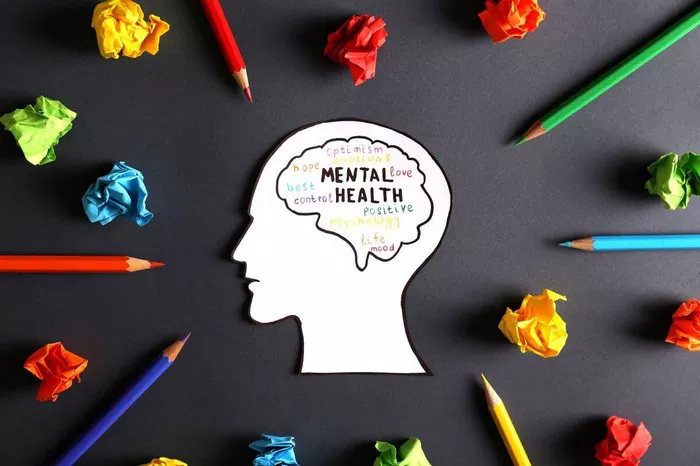Artificial intelligence systems capable of detecting and responding to human emotions are revolutionizing mental healthcare, but a new study reveals troubling unintended consequences. Research from Oxford’s Digital Ethics Lab found that while “empathic AI” tools can effectively reduce symptoms of depression and anxiety, prolonged use may be altering patients’ expectations of human relationships and impairing social skills development.
The most advanced systems, like the AI therapist Woebot Health, use natural language processing, facial recognition, and vocal tone analysis to provide 24/7 emotional support. Clinical trials show these tools achieve 80% of the outcomes of human therapy for mild-to-moderate conditions at a fraction of the cost. However, the Oxford study discovered that after 6 months of regular use, 38% of participants reported decreased satisfaction with human relationships, describing real people as “less attentive” or “not understanding enough” compared to their AI counterparts.
Neuroscientific findings explain this phenomenon. Brain scans revealed that repeated interactions with perfectly attuned AI systems reduce tolerance for the natural imperfections of human communication. The constant availability of nonjudgmental AI support may also short-circuit the development of crucial coping skills. As lead researcher Dr. Ethan Park observes: “We’re creating a generation that expects perfect empathy on demand, which no human can provide. The long-term social consequences could be profound.”
The mental health field now faces difficult questions about how to integrate these powerful tools responsibly. Some clinics are developing “hybrid” models where AI handles routine support while human therapists focus on complex cases and social skill building. Strict time limits on AI therapy use are also being tested. As the technology continues advancing, finding the right balance between technological efficacy and human connection may become one of mental healthcare’s greatest challenges.
These developments highlight mental health’s increasing complexity in our rapidly changing world. From circadian science to environmental epigenetics to artificial intelligence, breakthroughs are transforming our understanding of and approaches to psychological wellbeing at an unprecedented pace. What remains constant is the need for thoughtful, evidence-based solutions that honor both scientific progress and human dignity.


